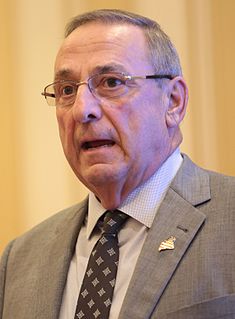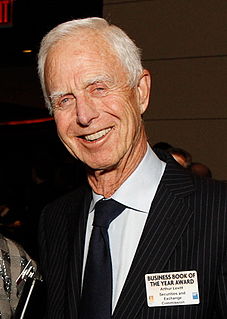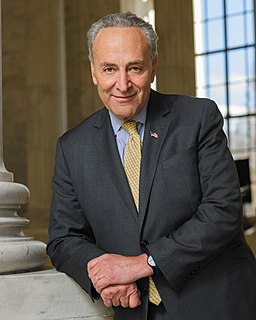A Quote by David Autor
I work a lot on skill demands and changes in labor markets having to do with technology and with trade as well.
Related Quotes
The single most significant change has been the globalization of labor markets. Product markets - trade in goods - have been globalizing for years. But now, with the reduction in communication expenses and the building of all sorts of IT infrastructure, essentially any job can be done almost anywhere.
I believe if an individual wants to join organized labor and work under a union contract, they should have the legal right to do so. At the same token, a person who does not want to work under organized labor and wants to work should have the ability to do so without the threat of having to join and having to pay dues to organized labor.
Software substitution, whether it's for drivers or waiters or nurses ... it's progressing. ... Technology over time will reduce demand for jobs, particularly at the lower end of skill set. ... 20 years from now, labor demand for lots of skill sets will be substantially lower. I don’t think people have that in their mental model.
We have to fundamentally rethink our trade policy and make it work not for the CEOs of large corporations, but for working people. So, if Trump wants to develop a rational trade policy which demands corporations start investing in this country, rather than China, that's something that we can work on.





































